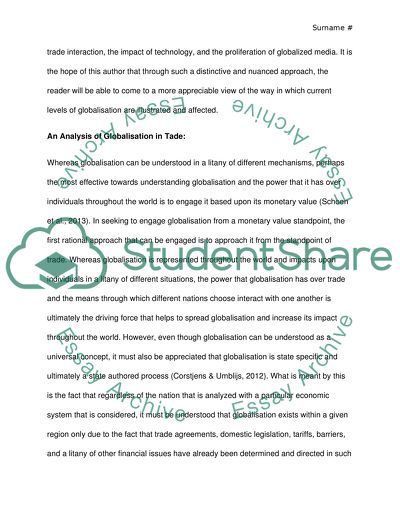Cite this document
(“Is globalisation a state-authored process Essay”, n.d.)
Is globalisation a state-authored process Essay. Retrieved from https://studentshare.org/history/1492291-is-globalisation-a-state-authored-process
Is globalisation a state-authored process Essay. Retrieved from https://studentshare.org/history/1492291-is-globalisation-a-state-authored-process
(Is Globalisation a State-Authored Process Essay)
Is Globalisation a State-Authored Process Essay. https://studentshare.org/history/1492291-is-globalisation-a-state-authored-process.
Is Globalisation a State-Authored Process Essay. https://studentshare.org/history/1492291-is-globalisation-a-state-authored-process.
“Is Globalisation a State-Authored Process Essay”, n.d. https://studentshare.org/history/1492291-is-globalisation-a-state-authored-process.


